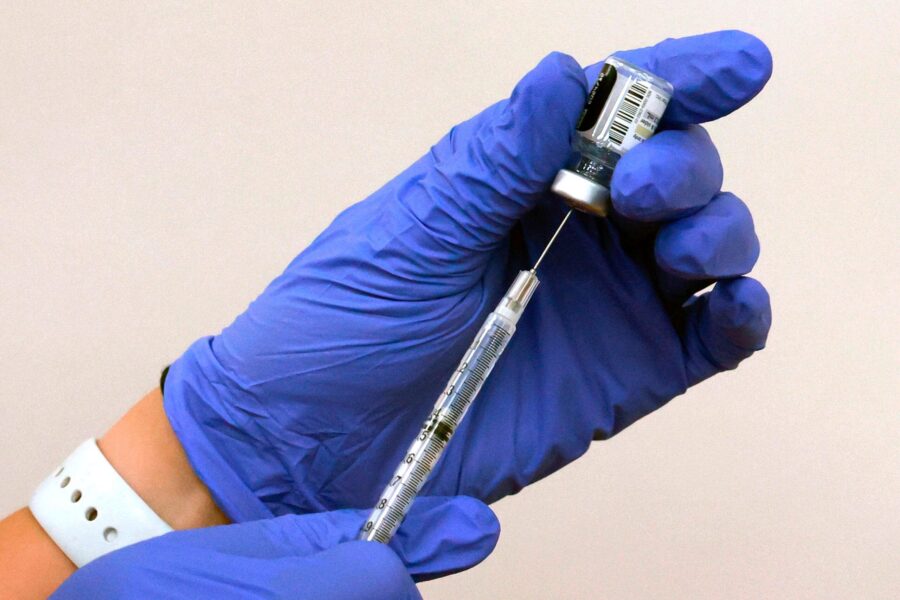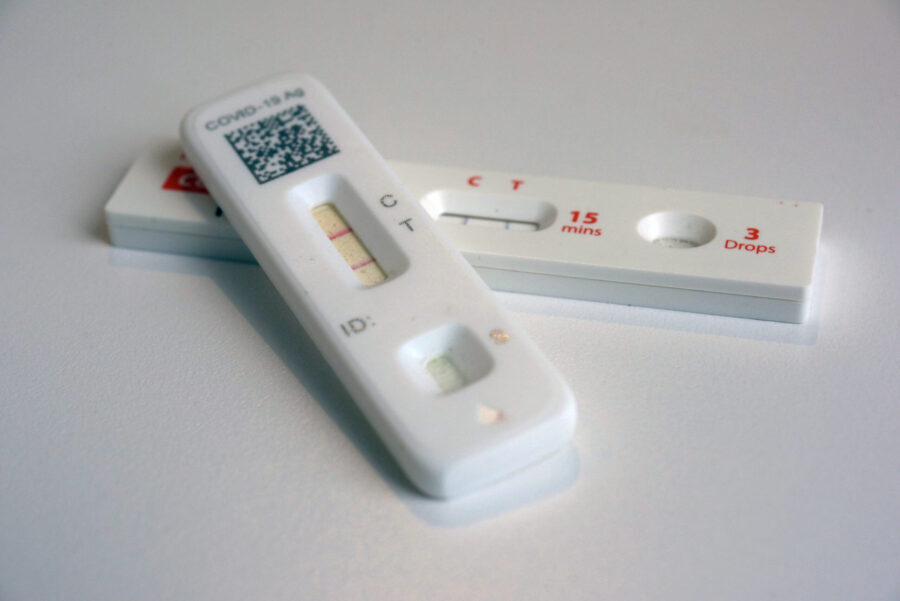Dentists Report Increased Teeth Clenching Amid Coronavirus Pandemic
Sep 22, 2020, 8:56 PM | Updated: Feb 7, 2023, 12:54 pm
SALT LAKE CITY, Utah – Quarantine and the economic strain of the coronavirus pandemic has brought a lot of new stress. For more and more people, that includes clenching their teeth while trying to rest.
“It’s stressful time for me and my husband,” said Sadie Williams.
After dealing with a cross country move, a husband in graduate school and working from home for a new job, Williams has had a lot to handle.
“I started getting massive… like, I can feel the muscles clenching in my face, and in my job and I have to, like, consciously think, to relax my face,” she said.
The pain was so bad she started to feel like she had an ear infection.
The same thing happened before, at another high stress time in her life. A doctor diagnosed her with temporomandibular joint disorder, or TMJ.
The doctor gave her some medicine to help relieve the muscles in her jaw that were carrying stress and causing so much pain.
And she’s not alone.
“Dentists all over the country are reporting incidences of patients coming in with some new symptoms, things like, ‘My teeth may hurt,’ or, ‘I may have broken a tooth.’ Also, ‘I have jaw pain,'” said Dr. Kevin Mangelson from the Center for Sleep Apnea and TMJ in Taylorsville.
Teeth clenching can cause jaw pain, headaches, and dental problems like broken or worn down teeth that eventually need to be replaced.
If you’re waking up with a headache or jaw pain, Mangelson said, you may be clenching your teeth.
“In general, if we’re touching our teeth together, that is actually considered clenching,” he said.
Mangelson said research and studies have shown that our teeth touching should touch for less than 10 minutes a day. total – usually while chewing or when swallowing.
“What we want to see people with their jaw, is it should be lips together, teeth apart,” Mangelson demonstrated.
That may feel uncomfortable or unnatural but he said as we consciously remember that, we will undo the muscle memory that is keeping our teeth and jaw in a clenched position.
To treat the pain, he recommended taking an over-the-counter pain killer, massaging the area, and alternating between heat and ice.
If the pain doesn’t go away after a day or two, you should check in with your dentist or doctor.
Your dentist may fit you with a mouth guard to keep your jaw in a healthy position while you sleep. While there are over the counter guards, Dr. Mangelson said they may actually make the problem worse and you should consult with your dentist first.
He said stress can cause TMJ, but so can certain medications. Even sleep apnea can cause you to clench your jaw.
“While some of these symptoms may be minor, they may not always be something to be ignored,” Mangelson said.
If you don’t have access to healthcare, The Center for Sleep Apnea and TMJ is currently doing free telehealth consultations.
For other ideas on how to stay healthy during the pandemic visit inutah.org/healthy.











